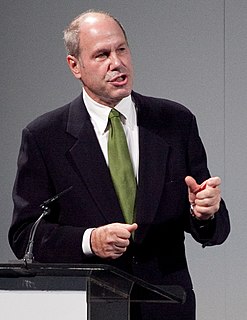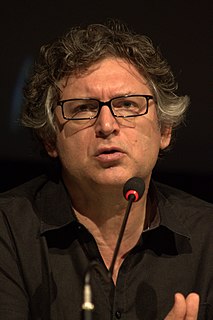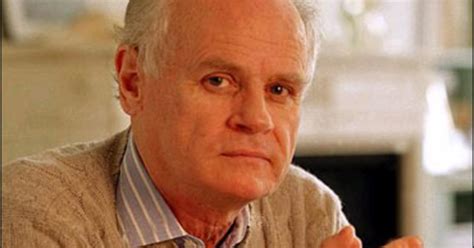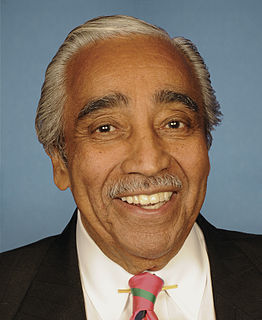A Quote by Lin Yutang
I rather despise claims to objectivity in philosophy; the point of view is the thing.
Quote Topics
Related Quotes
Many journalists become very defensive when you suggest to them that they are anything but impartial and objective. The problem with those words "impartiality" and "objectivity" is that they have lost their dictionary meaning. They've been taken over. "Impartiality" and "objectivity" now mean the establishment point of view.
The adjective "political" in "political philosophy" designates not so much the subject matter as a manner of treatment; from this point of view, I say, "political philosophy" means primarily not the philosophic study of politics, but the political, or popular, treatment of philosophy, or the political introduction to philosophy the attempt to lead qualified citizens, or rather their qualified sons, from the political life to the philosophic life.
If you're deeply engaged in an event, you're part of it. But if you're outside of it, disinterested, you are the regard that registers history. And that disinterestedness is different from objectivity. The objective view sees only the event, while the disinterested one participates as well as views by creating that link to history. It's a type of viewing that's both inside and out of the event, that brings to the viewing the capacity for human emotion, for compassion, but holds it openly. And objectivity excludes the human element, and is therefore not a point of view open to humans.
We somehow believe that our point of view is superior, higher than those of the greatest minds either because our point of view is that of our time, and our time, being later than the time of the greatest minds, can be presumed to be superior to their times; or else because we believe that each the greatest minds was right from his point of view, but not, as he claims, simply right.
Some of my understanding of what philosophy and ethics is has changed very slowly. One thing that has changed is this for quite a long time I bought-into the idea that philosophy is basically about arguments. I'm increasingly of the view that it isn't. The most interesting things in philosophy aren't arguments. The thing that I think is underestimated is what I call a form of attending. I think that philosophy is at least as much about carefully attending to things as it is about the structure of arguments.
But every point of view is a point of blindness: it incapacitates us for every other point of view. From a certain point of view, the room in which I write has no door. I turn around. Now I see the door, but the room has no window. I look up. From this point of view, the room has no floor. I look down; it has no ceiling. By avoiding particular points of view we are able to have an intuition of the whole. The ideal for a Christian is to become holy, a word which derives from “whole.






































